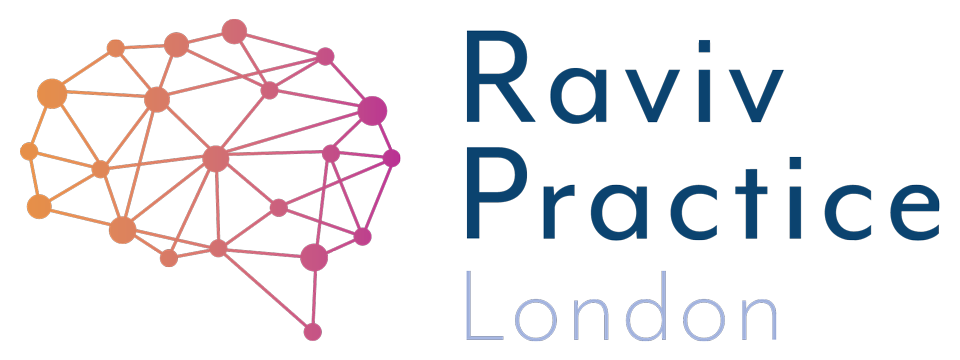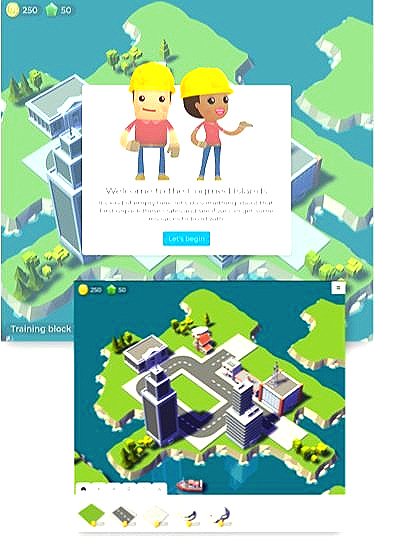
Blog
Usha Patel, Neurocognitive Therapist and Director of Raviv Practice London shares her first-hand experience of working with children /adults and the latest research and upcoming events in her series of blog posts.
Help! My child can’t decide which hand to write with!
Many children don’t settle on a dominant handwriting hand by age 5, but persistent uncertainty can cause confusion and delays. In this blog, we explore how reflex integration, bilateral coordination, and therapeutic tools like bal‑a‑vis‑x can gently guide your child toward confident handwriting and motor control.
Why can’t my child catch a ball?
If your child consistently struggles with catching or throwing a ball, it may be more than just clumsiness. From reflex integration delays to poor hand-eye coordination and dyspraxia, this blog explores the deeper reasons behind these challenges. Discover how movement therapy and targeted exercises can help your child improve focus, balance, and physical confidence.
Cogmed Working Memory Training FAQs
Cogmed is the single most scientifically validated method that improves working memory and attention. Cogmed Working Memory Training is suited for individuals with diagnosed and undiagnosed problems. We offer remote training for anyone in the UK or Europe.
Strengths of children with dyslexia + SEND
Children with dyslexia and SEND are more inclined to have a growth mindset and natural resilience. Emotional resilience plays a big role in success in both academics and in life in general. This blog post explores the importance of emotional resilience for all children.
The happiness advantage
A year ago, I started working with Charlotte. Like many adults I work with, Charlotte discovered her long-standing difficulties had been masked and only really surfaced after university life.
What the UEFA final England Versus Italy taught us about emotional brains
I am the first to admit I am not the biggest football fan. After the allocated 90 minutes of play and no overall winner, I blurted out “oh! they will go into 'overtime!’” My child's eyes rolled, and my family corrected me to 'NOooo! EXTRA TIME!'
How many times does a child need to be told they are naughty?
Is your child often called “naughty” when they’re really just curious? Learn how supporting curiosity and creative play can strengthen learning, build trust, and improve behaviour, especially for kids with dyspraxia and other learning challenges.
Does your child struggle with high-frequency spellings?
Many children with dyslexia, dyspraxia or ADHD find high-frequency spellings difficult to retain. This blog shares a proven two-step approach using Stareway to Spelling and Cogmed Working Memory Training to strengthen visual recall and finally make spelling stick.










